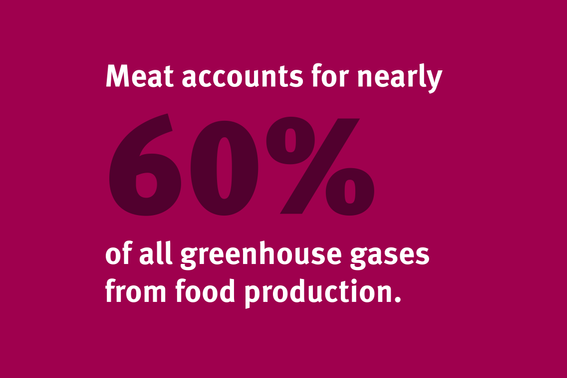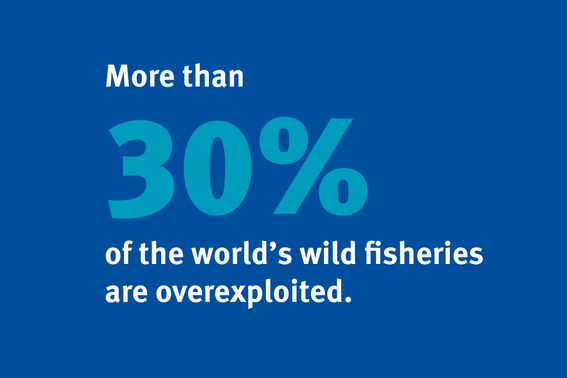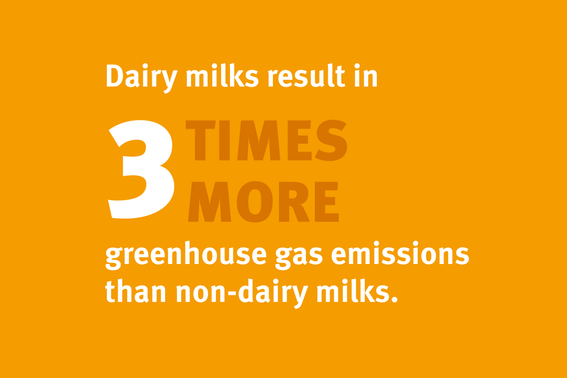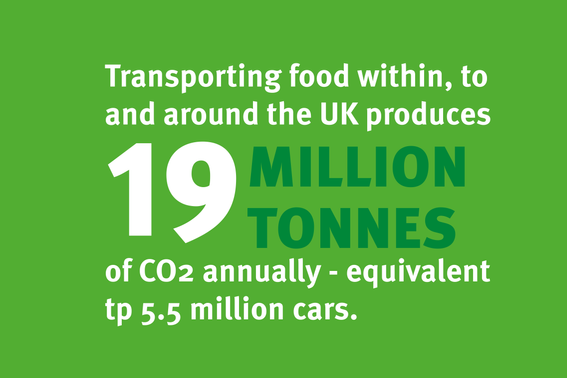Important links
Learn more about wild culled venison
We’re pleased to announce that from February, we’ll be starting to phase beef out from some of our outlets and replace it with wild culled venison, which has a far lower carbon footprint.
Find out more about our upcoming changes as part of our commitment to remove beef from our menus by 2026.
Get in touch
Do you have a suggestion or query regarding our Sustainable Food and Drink Policy?
Contact us via email at tasteimperial@imperial.ac.uk
Sustainable food and drink
As outlined in the College Sustainability Strategy 2021-26, Catering will play a central role in the transition of our campuses to more sustainable spaces. To guide this, we developed a forward-thinking, innovative Sustainable Food & Drink Policy in October 2022, which places sustainability at the core of the decisions we make on the food and drink we serve.
The policy, led by the College’s in-house catering team, Taste Imperial, applies to all outlets, restaurants, bars and stores on-campus. It guides the menus we develop, how we procure our food and equipment and how we increase awareness on how what we eat impacts the environment. You can read the policy in full here: Sustainable Food and Drink Policy (Final).
The Sustainable Food & Drink Policy has been informed by consistent consultation with our students and staff. We have held focus groups with students and staff and have invited the feedback of our world-leading experts in the area of sustainability to ensure we are on the right track.
Our commitment to Sustainability is ongoing...
... it shapes all the decisions we make. You can find our most recent update document below. Read it to find out what we have achieved since 2022 - the policy commitments we have achieved and the new initiatives we have started!
The landscape is always changing and we are always learning more about how to be more sustainable, so we will continue to update you here with our news, successes and new ideas.
Why is the Policy important?

We're reducing our beef.
The use of cows, pigs and other animals for food, as well as livestock feed, is responsible for 57% of all food production emissions, and beef alone accounts for a quarter of emissions produced by raising and growing food. The difference in emissions between meat and plant production is stark – to produce 1kg of wheat, 2.5kg of greenhouse gases are emitted. A single kilo of beef, meanwhile, creates 70kg of emissions (Guardian 2021).
This is why we're committed to reducing the amount of beef we serve by 35% per year and eliminating it entirely from our menus by 2026. This year, we've removed beef from the SCR Restaurant and replaced it with wild culled venison, which only creates 27% of the CO2 emissions of beef.

We're only serving sustainable fish.
It is estimated that 34.2% of all marine fish stocks are fished beyond biological sustainable limits, a threefold increase since monitoring started in 1974 (FAO 2021). Overexploitation not only causes negative ecological consequences, but it also reduces fish production, which leads to negative social and economic consequences.
We are committed to only serving fish that is Marine Stewardship Council (MSC) Certified - fishery that follows a set of requirements for sustainable fishing. They are independently assessed on its impacts to wild fish populations and the ecosystems they're part of.
2columnblock - 2

We're serving non-dairy milks for free.
Cow’s milk has significantly higher impacts than the plant-based alternatives. It causes around three times as much greenhouse gas emissions; uses around ten times as much land; two to twenty times as much freshwater; and creates much higher levels of eutrophication (Our World in Data 2022).
Oat and Soya milk use significantly less water to produce and emit less CO2 to transport vs. dairy. That’s why we’re making all dairy alternatives free across campus by the end of 2022-23.

We're serving local, seasonal fruit.
Food miles are the distance a certain food has to travel from its point of origin to its point of destination. Seasonal produce reduces the number of ‘food miles’ and decreases the associated CO2 emissions.
We aim to stock local, seasonal fruit in preference over non-seasonal fruit.
What we've done in the past
Although the Sustainable Food & Drink Policy marks a significant expansion of our sustainability ambitions, it also a continuation of what has been journey of improvement. Here are some examples of initiatives that we have led on before 2022.
What we've done in the past
Wooden cutlery
In 2018 we replaced single-use plastic cutlery with premium wooden cutlery, certified by the Forest Stewardship Council. Wooden cutlery can be reused and is more easy to recycle.
Removal of single-use water cups
In 2019, we partnered with Greening Imperial to remove all single-use plastic cups from water stations, thereby saving up to 850,000 cups from going to landfill each year.
MyTEA partnership
To coincide with the launch of Plantworks in 2019, we partnered with Imperial alumnus Tina Chen to sell her MyTEA range of wholesome vegan tea lattes, utilising sustainable and upcycled packaging.
